Gilles Deleuze, a prominent French philosopher of the 20th century, is celebrated for his innovative ideas that challenge traditional philosophical frameworks. His work spans a variety of disciplines, including literature, cinema, and psychoanalysis, but he is perhaps best known for his contributions to post-structuralism and his collaborations with Félix Guattari. Deleuze’s philosophy is characterized by a focus on concepts such as difference, repetition, and the rhizome—a metaphor for non-hierarchical and interconnected systems of thought.
He sought to break free from the constraints of established norms and to explore the fluidity of identity and experience, emphasizing the importance of becoming over being. Deleuze’s approach to philosophy is often described as dynamic and experimental. He believed that ideas should not be static but rather in constant flux, mirroring the complexities of life itself.
This perspective allows for a more nuanced understanding of reality, one that embraces multiplicity and rejects binary oppositions. His work invites readers to engage with the world in a way that acknowledges the interplay of forces and the potential for transformation. As we delve into Deleuze’s thoughts on the metaverse, it is essential to consider how his philosophical principles can illuminate our understanding of this emerging digital landscape.
Key Takeaways
- Gilles Deleuze was a French philosopher known for his work on post-structuralism and the concept of “rhizome” as a model for culture and society.
- Deleuze’s perspective on the metaverse is rooted in his belief in the fluidity of reality and the potential for multiple, interconnected worlds.
- According to Deleuze, the metaverse offers the potential for creative expression, exploration, and the formation of new communities.
- Deleuze also warns of the potential for the metaverse to reinforce existing power structures, create new forms of control, and perpetuate inequality.
- Deleuze believes that the metaverse has the potential to both liberate and oppress individuals, and its impact on society will depend on how it is developed and used.
Deleuze’s perspective on the concept of the metaverse
In contemplating the metaverse, a term that has gained traction in discussions about virtual reality and digital environments, one can draw parallels to Deleuze’s ideas about simulacra and hyperreality. The metaverse represents a convergence of physical and digital realities, where individuals can interact in immersive environments that challenge conventional notions of space and identity. For Deleuze, this blurring of boundaries resonates with his concept of the “virtual,” which he describes as a realm of potentiality that exists alongside the actual.
The metaverse can be seen as an extension of this virtuality, offering new avenues for exploration and expression.
The metaverse is not merely a technological advancement; it is a new mode of existence that invites users to engage with their identities in multifaceted ways.
In this context, Deleuze might argue that the metaverse serves as a canvas for experimentation, allowing individuals to construct and deconstruct their selves in ways that transcend the limitations imposed by the physical world. This perspective opens up exciting possibilities for creativity and self-exploration, but it also raises questions about authenticity and the nature of reality itself.
Positive aspects of the metaverse according to Deleuze
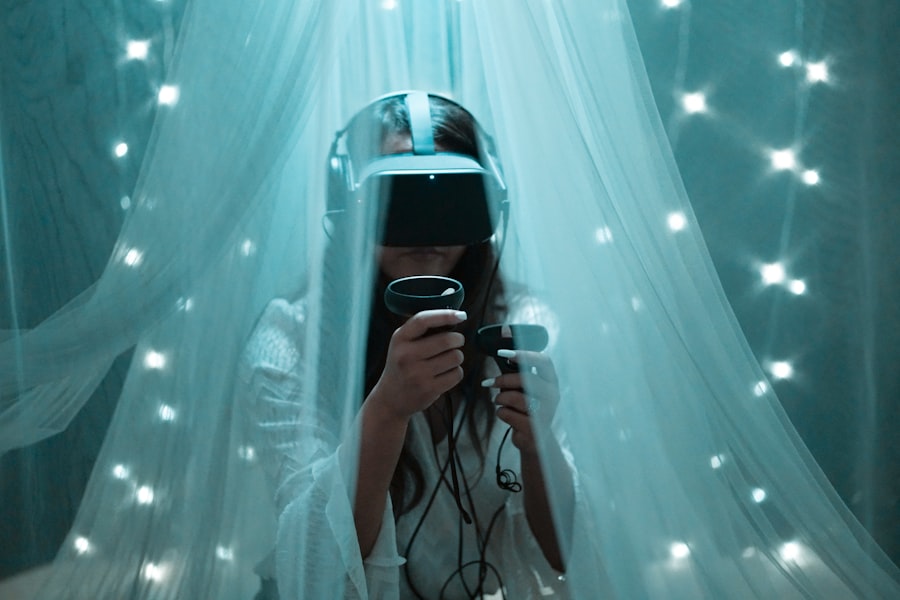
From a Deleuzian perspective, the metaverse offers several positive aspects that align with his philosophical emphasis on creativity and multiplicity. One of the most significant benefits is the potential for new forms of social interaction and community building. In a world increasingly defined by geographical and cultural divides, the metaverse provides a platform where individuals from diverse backgrounds can come together, share experiences, and collaborate on projects that transcend traditional boundaries.
This democratization of space fosters a sense of belonging and collective identity that can be empowering for marginalized groups. Moreover, the metaverse serves as a fertile ground for artistic expression and innovation. Deleuze championed the idea of art as a means of challenging established norms and provoking thought.
In virtual environments, artists can experiment with new mediums and forms that defy conventional limitations. The fluidity of digital spaces allows for an unprecedented level of interactivity, enabling audiences to engage with art in ways that were previously unimaginable. This potential for creative exploration aligns with Deleuze’s belief in the transformative power of art to inspire change and provoke new ways of thinking.
Negative aspects of the metaverse according to Deleuze
Despite its promising aspects, Deleuze would likely approach the metaverse with a critical lens, highlighting several negative implications that warrant consideration. One significant concern is the potential for alienation within these digital spaces. While the metaverse offers opportunities for connection, it can also exacerbate feelings of isolation as individuals retreat into virtual worlds at the expense of real-world relationships.
Deleuze’s emphasis on becoming suggests that identity is shaped through interactions with others; thus, if individuals become overly immersed in virtual experiences, they may lose touch with their authentic selves and the richness of human connection. Additionally, the metaverse raises questions about surveillance and control. In a digital landscape where personal data is constantly collected and analyzed, users may find themselves subject to manipulation by powerful corporations or governments.
Deleuze’s concept of “societies of control” speaks to this concern, as he posits that contemporary power structures operate through subtle mechanisms that shape behavior and thought. The metaverse could become a site where these dynamics are amplified, leading to a loss of agency for individuals who navigate these spaces without critical awareness.
Deleuze’s thoughts on the potential impact of the metaverse on society
Deleuze’s insights into the metaverse prompt us to consider its broader societal implications. He would likely argue that this digital realm has the potential to reshape our understanding of community, identity, and power dynamics. As individuals increasingly engage with virtual environments, traditional notions of belonging may evolve, leading to new forms of social organization that challenge established hierarchies.
The metaverse could facilitate grassroots movements and collective action by providing platforms for marginalized voices to be heard and amplified. However, Deleuze would also caution against uncritical acceptance of these changes. He would emphasize the importance of remaining vigilant about how power operates within the metaverse.
The potential for exploitation and commodification looms large in a space where user-generated content can be monetized by corporations seeking profit. This tension between empowerment and exploitation reflects Deleuze’s broader concerns about capitalism’s influence on culture and identity. As society navigates this new terrain, it will be crucial to critically assess who benefits from these developments and how they shape our collective future.
How Deleuze’s philosophy can be applied to the development of the metaverse

Applying Deleuze’s philosophy to the development of the metaverse invites us to rethink how we approach technology and its implications for human experience. His emphasis on difference and multiplicity encourages creators and developers to design virtual spaces that prioritize diversity and inclusivity. By fostering environments where varied identities can coexist and flourish, we can cultivate a metaverse that reflects the richness of human experience rather than reinforcing existing inequalities.
Furthermore, Deleuze’s concept of “becoming” can inform how we understand user engagement within these digital realms. Rather than viewing users as passive consumers, we should recognize them as active participants in shaping their experiences. This perspective aligns with participatory design principles that prioritize user agency and collaboration in creating virtual environments.
By embracing this ethos, developers can create spaces that empower individuals to explore their identities and express themselves authentically.
Deleuze’s perspective on the ethical implications of the metaverse
The ethical implications of the metaverse are complex and multifaceted, warranting careful consideration from a Deleuzian standpoint. One key issue is the question of consent and agency within these digital spaces. As users navigate virtual environments, they must grapple with how their data is collected, used, and potentially exploited by corporations or other entities.
Deleuze’s philosophy encourages us to interrogate these power dynamics critically, advocating for transparency and accountability in how digital platforms operate. Moreover, Deleuze would likely emphasize the importance of fostering ethical relationships within the metaverse. This includes promoting respectful interactions among users and creating spaces that prioritize mental well-being.
The potential for harassment or toxic behavior in online environments necessitates proactive measures to cultivate a culture of care and support. By prioritizing ethical considerations in the design and governance of virtual spaces, we can work towards creating a metaverse that reflects our highest values rather than our basest instincts.
Deleuze’s overall assessment of the metaverse
In conclusion, Gilles Deleuze’s philosophy offers valuable insights into the complexities of the metaverse as it continues to evolve in our digital age. While he would likely celebrate its potential for creativity, community building, and self-exploration, he would also urge us to remain vigilant about its pitfalls—namely alienation, surveillance, and exploitation. By applying his principles of difference, becoming, and ethical engagement to our understanding of this emerging landscape, we can navigate its challenges while harnessing its transformative potential.
Ultimately, Deleuze’s assessment would encourage us to approach the metaverse not as a mere technological phenomenon but as a profound shift in how we relate to ourselves, each other, and our world. As we stand on the precipice of this new frontier, it is imperative that we engage with these ideas thoughtfully, ensuring that our journey into the metaverse reflects our aspirations for a more inclusive, equitable, and creative society.
If we were to ask the philosopher Gilles Deleuze about the metaverse in an interview, he would likely provide a unique perspective on the topic. In a related article on the historical evolution of the metaverse (source), we can see how the concept has evolved over time and how it has the potential to shape our future. Deleuze might point out the positive aspects of the metaverse, such as its ability to integrate physical and virtual spaces (source), allowing for new forms of creativity and collaboration. However, he might also caution against the negative aspects, such as the potential for the metaverse to blur the lines between reality and fantasy, as discussed in the article on conferences and events with the metaverse (source). Overall, Deleuze would likely offer a thought-provoking and insightful perspective on the metaverse and its implications for society.
FAQs
Who is Gilles Deleuze?
Gilles Deleuze was a French philosopher known for his work in the fields of metaphysics, ontology, and aesthetics. He is also known for his collaborations with other philosophers, such as Félix Guattari.
What is the metaverse?
The metaverse is a collective virtual shared space, created by the convergence of virtually enhanced physical reality and physically persistent virtual reality. It is a concept that has gained popularity in recent years, particularly in the context of virtual reality and online gaming.
What would Gilles Deleuze say about the metaverse?
Gilles Deleuze might approach the metaverse from a philosophical perspective, considering its implications for concepts such as identity, reality, and experience. He might also explore the ways in which the metaverse blurs the boundaries between the physical and the virtual, and the implications of this for human existence.
What positive aspects of the metaverse might Gilles Deleuze highlight?
Gilles Deleuze might highlight the potential for the metaverse to offer new forms of expression, creativity, and interaction. He might also consider the ways in which the metaverse could challenge traditional notions of reality and open up new possibilities for exploration and experience.
What negative aspects of the metaverse might Gilles Deleuze point out?
Gilles Deleuze might express concerns about the potential for the metaverse to further alienate individuals from the physical world and to perpetuate a sense of disconnection from reality. He might also consider the ways in which the metaverse could be used to reinforce existing power structures and inequalities.
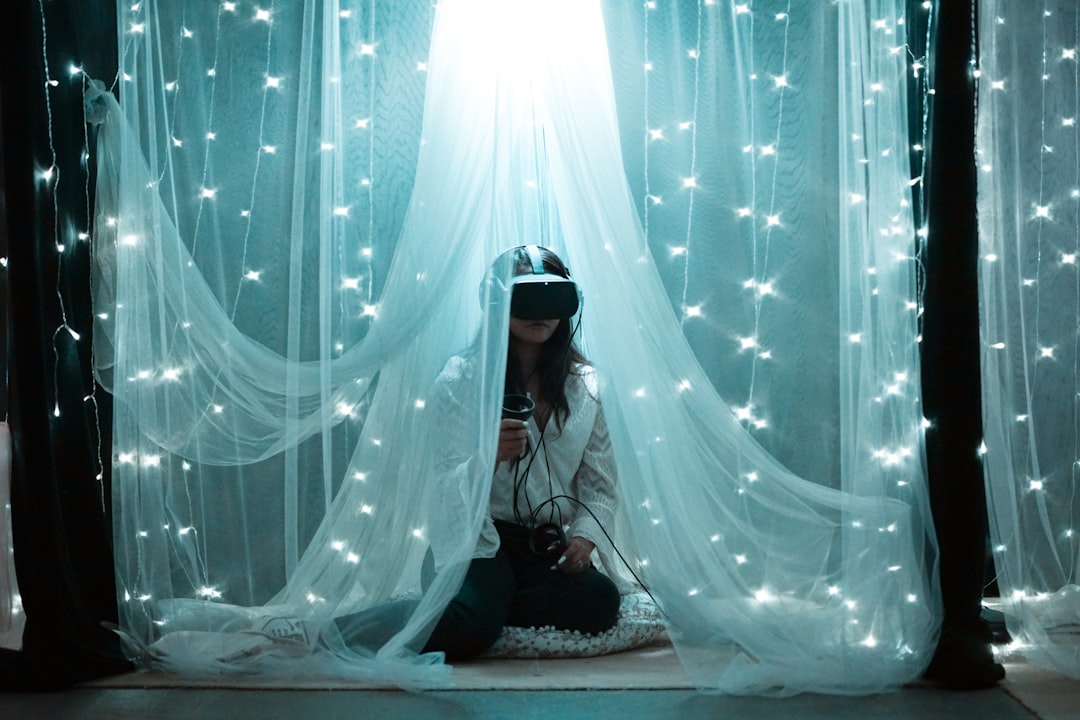

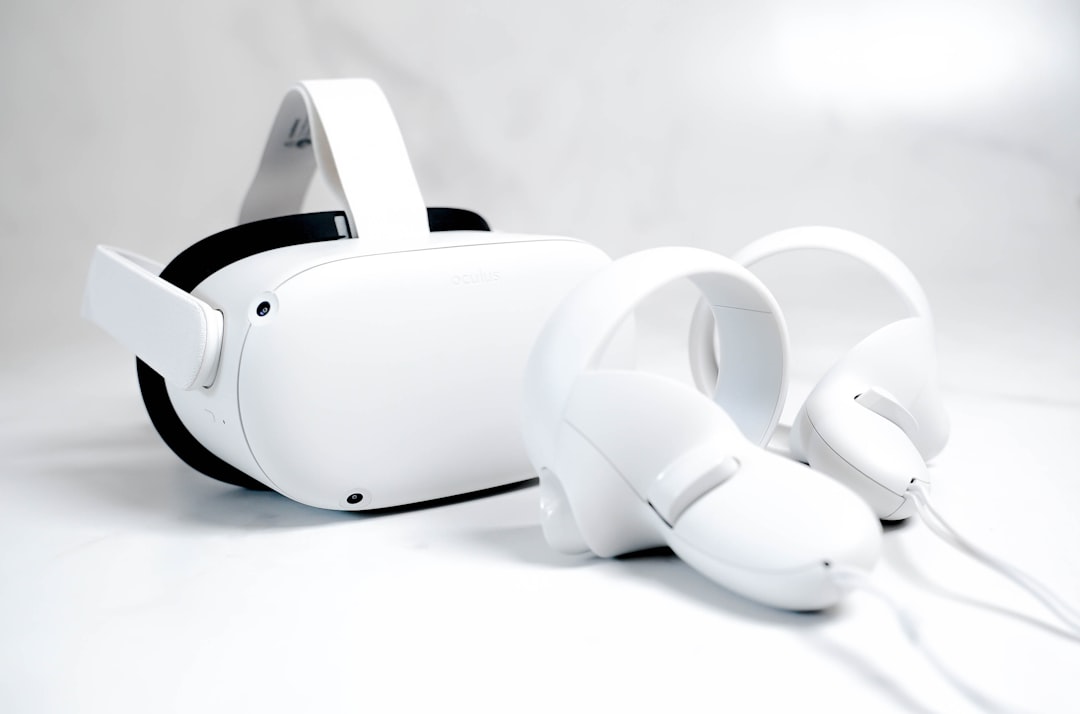


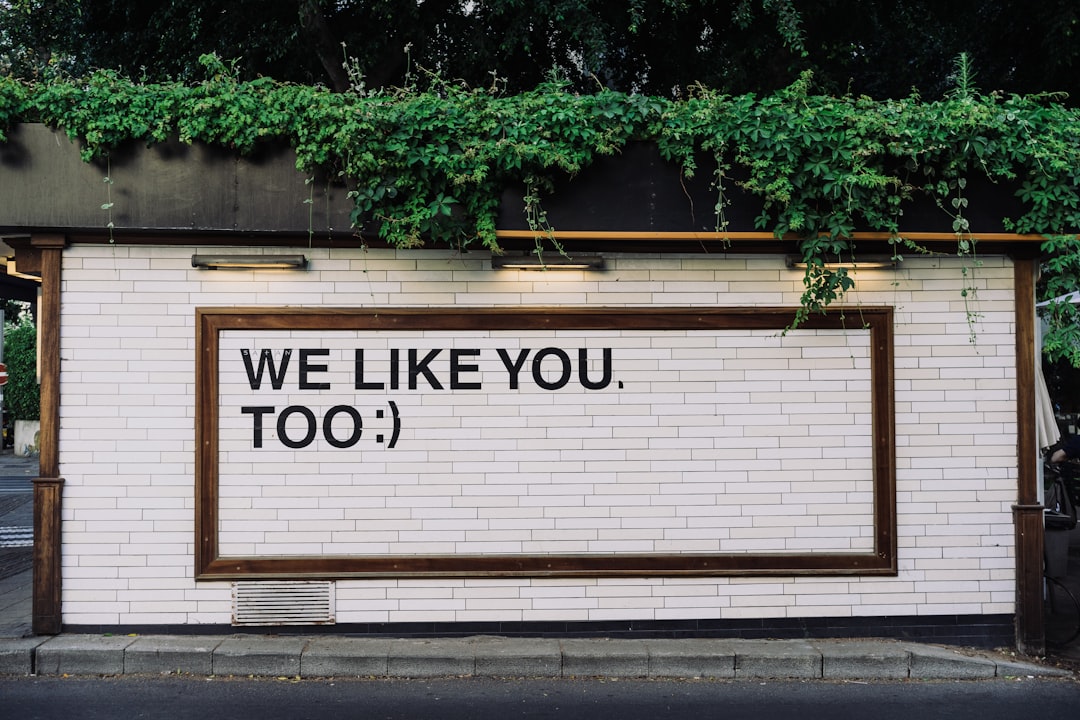


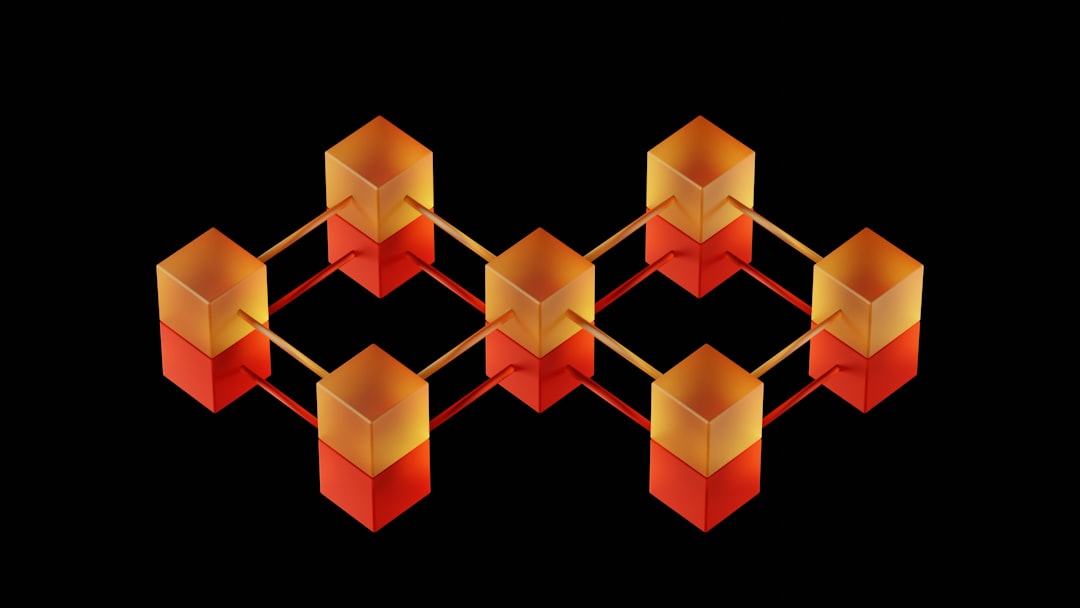
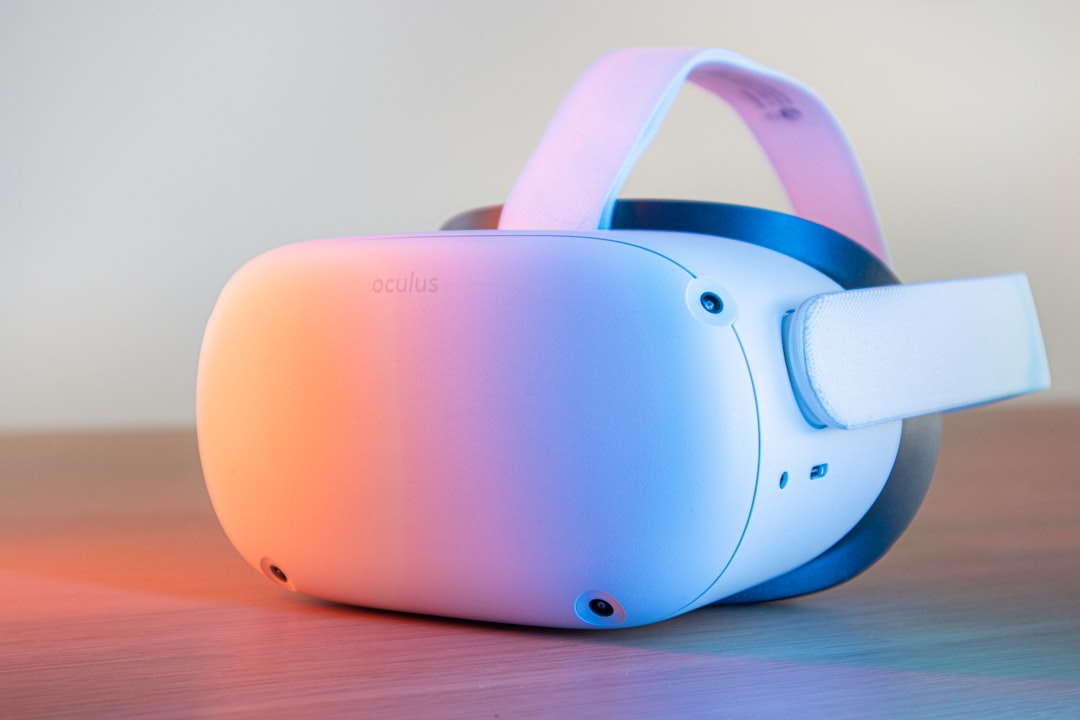

Leave a Reply